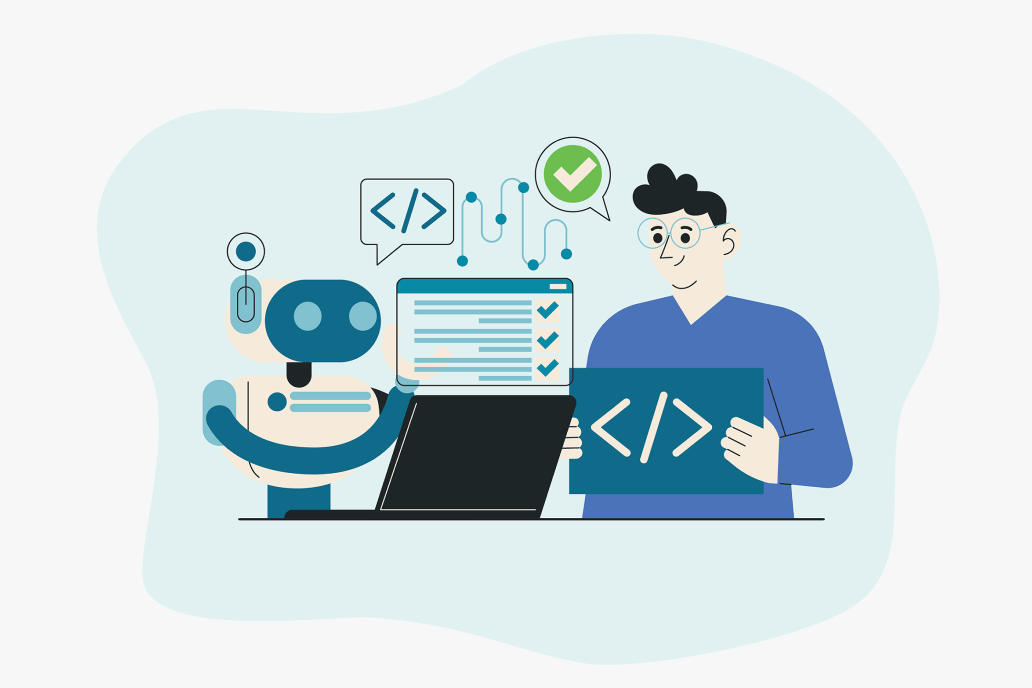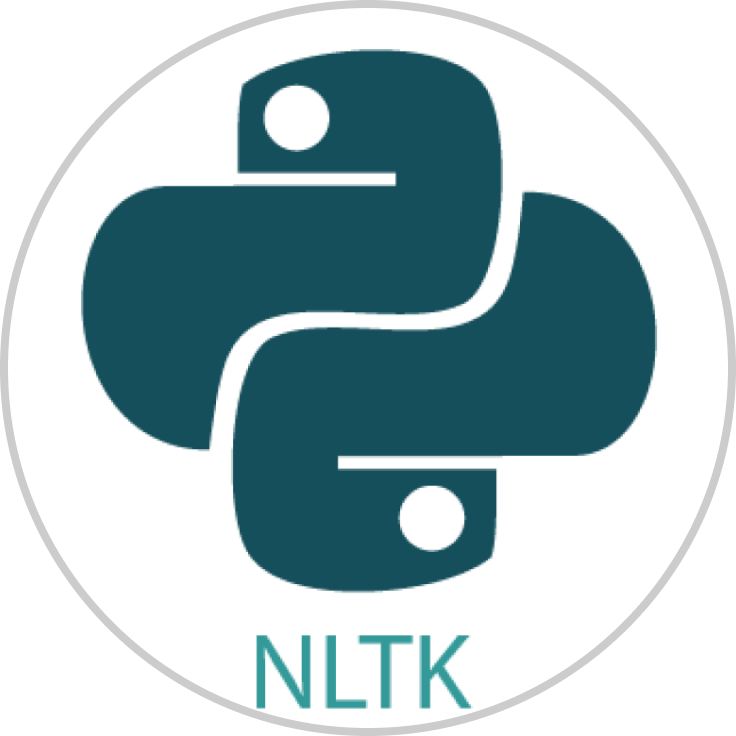ChatGPT
The Conversational AI with ChatGPT course by DataWorks introduces participants to the cutting-edge world of conversational artificial intelligence, focusing on the development and deployment of chatbots using the ChatGPT model by OpenAI. This immersive course delves into the principles of natural language processing (NLP), the architecture of transformer models, and the practical applications of ChatGPT in creating conversational agents capable of understanding and responding to human language in a natural and intuitive manner. Through expert-led lectures, hands-on workshops, and project-based learning, students will acquire the skills to build, train, and refine AI-driven chatbots for a variety of applications, from customer service automation to interactive entertainment. This course is designed for anyone looking to harness the power of conversational AI to innovate within their field.
5.0 (110 Ratings)
Course info
Fundamentals of conversational AI and natural language processing (NLP).
Overview of the architecture and functionality of the ChatGPT model.
Techniques for training and fine-tuning conversational models on specific domains or tasks.
Best practices for designing user-friendly conversational interfaces.
Strategies for deploying and integrating chatbots into websites, apps, and other platforms.
Insights into the ethical considerations and challenges in conversational AI.
Course Content
Basics of Conversational AI: Understanding the fundamental concepts and components of conversational AI systems.
History and Evolution of Conversational AI: Tracing the development of conversational AI from early systems to current technologies.
Overview of Conversational AI Technologies: Exploring various technologies and platforms used in conversational AI.
Deep Dive into ChatGPT: Exploring the features and capabilities of ChatGPT.
GPT-3 Architecture: Understanding the architecture and functioning of the GPT-3 model.
Capabilities and Limitations of ChatGPT: Assessing what ChatGPT can and cannot do.
Developing Conversational Applications: Techniques and best practices for building applications using ChatGPT.
Designing Conversational Flows: Crafting engaging and effective conversational experiences.
Use Case Exploration: Identifying suitable applications for ChatGPT in various domains.
Training Techniques for ChatGPT: Methods for training ChatGPT on specific data sets.
Fine-Tuning Process: Tailoring ChatGPT's responses to fit specialized domains or applications.
Customization Strategies: How to customize ChatGPT for unique use cases.
Integration Techniques: Methods for integrating ChatGPT with web services, APIs, and other software platforms.
ChatGPT in Multimodal Systems: Combining ChatGPT with other AI components for complex applications.
Challenges in Integration: Identifying and addressing common challenges in integrating ChatGPT.
Ethical Implications in Conversational AI: Understanding the ethical concerns related to conversational AI systems.
Privacy and Data Security: Handling user data responsibly in conversational AI applications.
Best Practices in Conversational AI: Guidelines for ethical and effective implementation of conversational AI.

-
LevelIntermediate
-
Total Enrolled2
-
Duration5 hours 15 minutes
-
Last UpdatedAugust 21, 2024
Upskill for your Dream Job

Hiring Partners





Basic programming knowledge, especially in Python.
Familiarity with machine learning concepts is helpful but not required.
An understanding of basic NLP principles is advantageous.
Access to a computer with an internet connection for hands-on exercises.
FAQ's
The course is designed to accommodate learners with a basic to intermediate level of programming experience. It focuses on applying conversational AI rather than the deep technicalities of NLP algorithms.
Yes, one of the key outcomes of the course is that participants will have the skills and knowledge to design and deploy their own ChatGPT-based chatbot for a specific use case.
Participants will use platforms like Google Colab for coding exercises and may need access to GPT-3 or GPT-4 through OpenAI's API, which may require registration and possibly incurring costs if surpassing free tier limits.
The course includes access to dedicated instructors for Q&A, community forums for peer interaction, and comprehensive resources for independent study.
Conversational AI can significantly enhance user experience, automate customer service, provide personalized engagement, and open new avenues for digital products and services. For professionals, skills in conversational AI are increasingly in demand across industries.
Earning Potential
7 LPA
min
12 LPA
avg
25 LPA
max
ChatGPT Tools Covered

OpenAI's
GPT-3/4

SpaCy

NLTK

Microsoft Bot Framework

Docker

Kubernetes
Let’s explore further the implications of transitioning to online training
Course Certificate
The Cyber Security Practitioner Programming Course Certificate focuses on enhancing coding skills for securing applications and systems. The curriculum covers topics like secure coding practices, ethical hacking, and defensive programming. It’s ideal for developers and security professionals aiming to bolster their cybersecurity expertise.

Course Reviews

Riya.K

Meera.L

Kian.P

